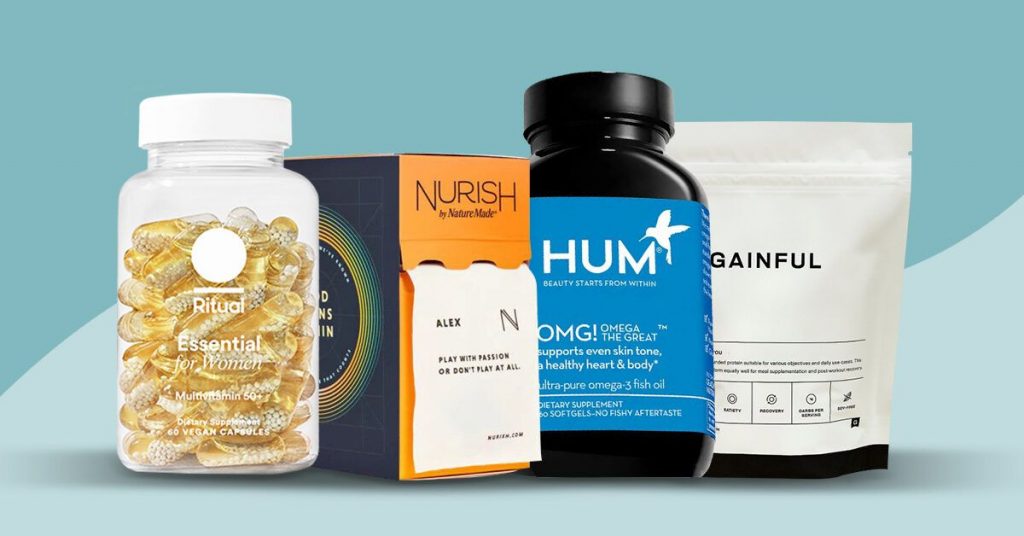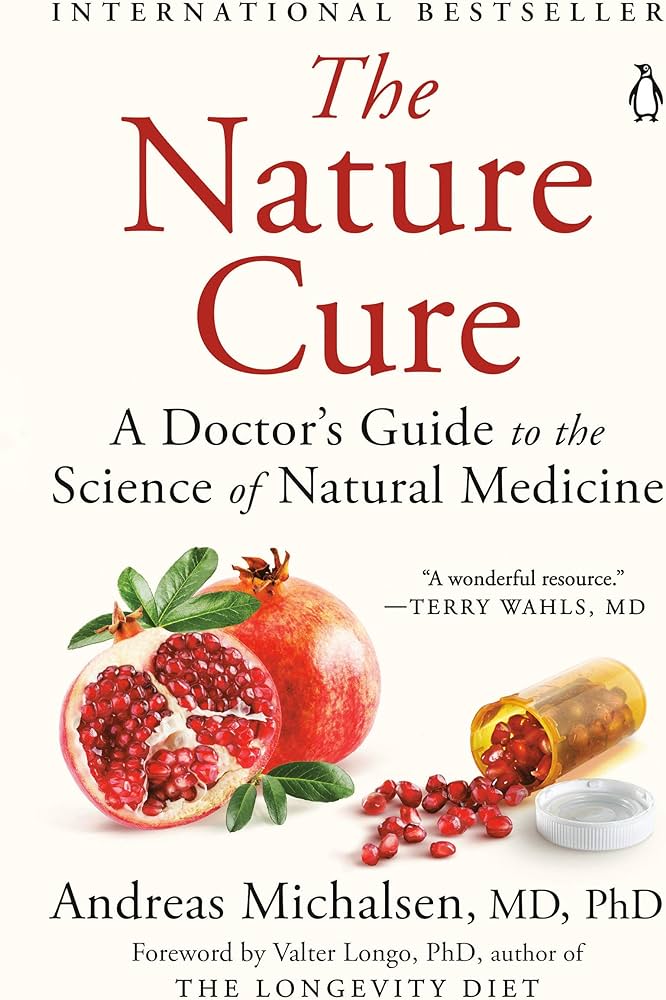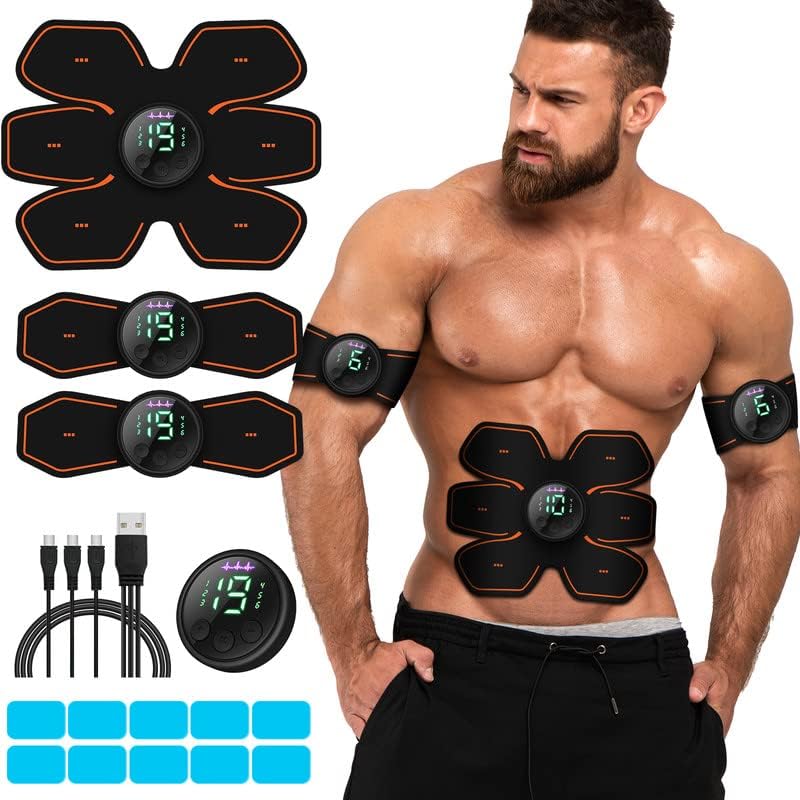Step into a world of endless possibilities and discover a whole new realm of health and wellness. With an array of options ranging from vitamins and supplements to fitness equipment, mindfulness tools, and holistic remedies, the possibilities are truly limitless. And the best part? Your free savings card can help you save money at a pharmacy near you. So, embark on a journey towards a healthier and happier you, as you explore the vast expanse of choices available to enhance your well-being. Whether you’re looking to boost your immune system, improve your fitness routine, or explore alternative remedies, this world of possibilities is here to guide and support you on your wellness journey. So, let’s get started and unlock the door to a vibrant, balanced, and fulfilling life.
Vitamins
Types of Vitamins
Vitamins are essential nutrients that our bodies need in order to function properly. There are two main types of vitamins: fat-soluble vitamins and water-soluble vitamins.
Fat-soluble vitamins include vitamins A, D, E, and K. These vitamins are stored in the body’s fat cells and can be used later when needed. They play a crucial role in various bodily functions such as maintaining healthy immune system, promoting good vision, and supporting bone health.
Water-soluble vitamins, on the other hand, include vitamin C and the B vitamins (thiamine, riboflavin, niacin, pantothenic acid, biotin, vitamin B6, folate, and vitamin B12). Unlike fat-soluble vitamins, water-soluble vitamins are not stored in the body. They need to be consumed regularly as they are easily excreted through urine. These vitamins are involved in energy production, maintaining healthy skin, supporting brain function, and many other vital processes.
Benefits of Vitamins
Vitamins play a crucial role in maintaining overall health and well-being. Each vitamin has its own unique benefits and functions.
For example, vitamin A is important for maintaining healthy vision and supporting the immune system. Vitamin C is a powerful antioxidant that helps protect against free radicals, boosts immune function, and supports collagen production for healthy skin. Vitamin D aids in calcium absorption and promotes bone health. The B vitamins are involved in energy production, nerve function, and the formation of red blood cells, among other vital functions.
Regular intake of vitamins through a well-balanced diet or supplementation can help prevent deficiencies and support optimal health. They can also help address specific health concerns or promote certain aspects of well-being, such as skin health, hair growth, or immune function.
Choosing the Right Vitamins
Choosing the right vitamins can be overwhelming, considering the multitude of options available in the market. Before starting any new vitamin regimen, it is important to consult with a healthcare professional who can guide you based on your specific needs and health goals.
When choosing vitamins, it is important to look for reputable brands that adhere to stringent quality and safety standards. Read labels carefully to ensure that the product contains the right amount of each vitamin and does not contain any unnecessary additives or fillers.
Additionally, consider factors such as your age, gender, lifestyle, and any existing health conditions. Certain vitamins may be more beneficial for specific demographics or health concerns. For example, women of childbearing age may benefit from a prenatal vitamin containing folic acid to support a healthy pregnancy, while older adults may benefit from a multivitamin formulated to support aging-related concerns.
Recommended Daily Intake
The recommended daily intake of vitamins varies depending on factors such as age, gender, and life stage. These recommendations are set by government health agencies and serve as general guidelines to ensure that individuals meet their basic vitamin requirements.
It is worth noting that the best way to get vitamins is through a healthy and well-balanced diet. A diet rich in fruits, vegetables, whole grains, lean proteins, and healthy fats can provide the necessary vitamins and minerals for optimal health. However, for some individuals, it may be challenging to meet their recommended daily intake solely through diet. In such cases, vitamin supplements can be a convenient and effective way to ensure adequate nutrient intake.
Remember, while vitamins are important for overall health, it is important to avoid excessive intake as it can lead to adverse effects. Always follow the recommended dosage instructions provided on the product label or as advised by a healthcare professional.

This image is property of media.post.rvohealth.io.
Supplements
Different Types of Supplements
Supplements are products that are intended to supplement your diet with additional nutrients that may be lacking from your regular meals. There are various types of supplements available in the market, each serving a specific purpose.
One common type of supplement is the multivitamin, which contains a combination of different vitamins and minerals. Multivitamins can help fill in any nutrient gaps in your diet and provide a convenient way to ensure you are meeting your basic nutritional needs.
Other types of supplements include herbal supplements, which are made from plants or plant extracts and are believed to have specific health benefits. Examples include herbal teas, capsules, or extracts such as ginkgo biloba for cognitive function or ginger for digestion.
Protein supplements are another popular type of supplement, especially among athletes or individuals looking to build muscle. Protein powders or bars can provide a convenient source of high-quality protein that is easily absorbed by the body.
Benefits of Supplements
Supplements can offer a range of benefits to support overall health and well-being.
One of the primary benefits is meeting nutritional needs. In today’s fast-paced world, it can be challenging to consistently consume a well-balanced diet that includes all the necessary vitamins, minerals, and other nutrients. Supplements can help fill in those gaps and provide a convenient way to ensure optimal nutrient intake.
Supplements can also support specific health goals or address specific concerns. For example, omega-3 fatty acid supplements have been shown to support heart health, while probiotic supplements can help maintain a healthy gut microbiome.
Sports supplements, such as creatine or BCAAs, are often used by athletes to enhance performance, support muscle recovery, and improve exercise capacity.
Talking to a Healthcare Provider
Before starting any new supplement regimen, it is important to talk to a healthcare provider, especially if you have any underlying health conditions or are taking medications. They can provide guidance on whether supplements are necessary, help you choose the right supplements for your specific needs, and ensure they will not interact with your current medications or health conditions.
A healthcare provider can also help determine the appropriate dosage or form of supplements, as well as monitor your progress and make any necessary adjustments.
Potential Risks and Side Effects
While supplements can provide many benefits, it is important to be aware of potential risks and side effects.
Some supplements may interact with certain medications, making them less effective or causing unwanted side effects. For example, certain herbal supplements can interact with blood thinners or antidepressants, leading to adverse effects. It is important to inform your healthcare provider about any supplements you are taking to ensure their safety and efficacy.
Additionally, some supplements may cause side effects when taken in excessive amounts. For example, high doses of certain vitamins or minerals can lead to toxicity or other adverse effects. Always follow the recommended dosage instructions and consult a healthcare provider if you experience any unusual symptoms.
It is also important to note that supplements are not a substitute for a healthy diet. They should be used to complement a well-balanced eating plan, rather than as a replacement for whole foods.
By being informed, consulting with healthcare professionals, and using supplements responsibly, you can make the most of their benefits while minimizing potential risks.

This image is property of Amazon.com.












If some one wishes to be updated with hottest technologies afterward he must
be pay a visit this website and be up to date daily.
Hello there! Do you know if they make any plugins
to assist with Search Engine Optimization? I’m trying to get my
blog to rank for some targeted keywords but I’m not seeing very good results.
If you know of any please share. Thank you!
If some one needs expert view on the topic of blogging afterward i recommend
him/her to go to see this website, Keep up the good job.